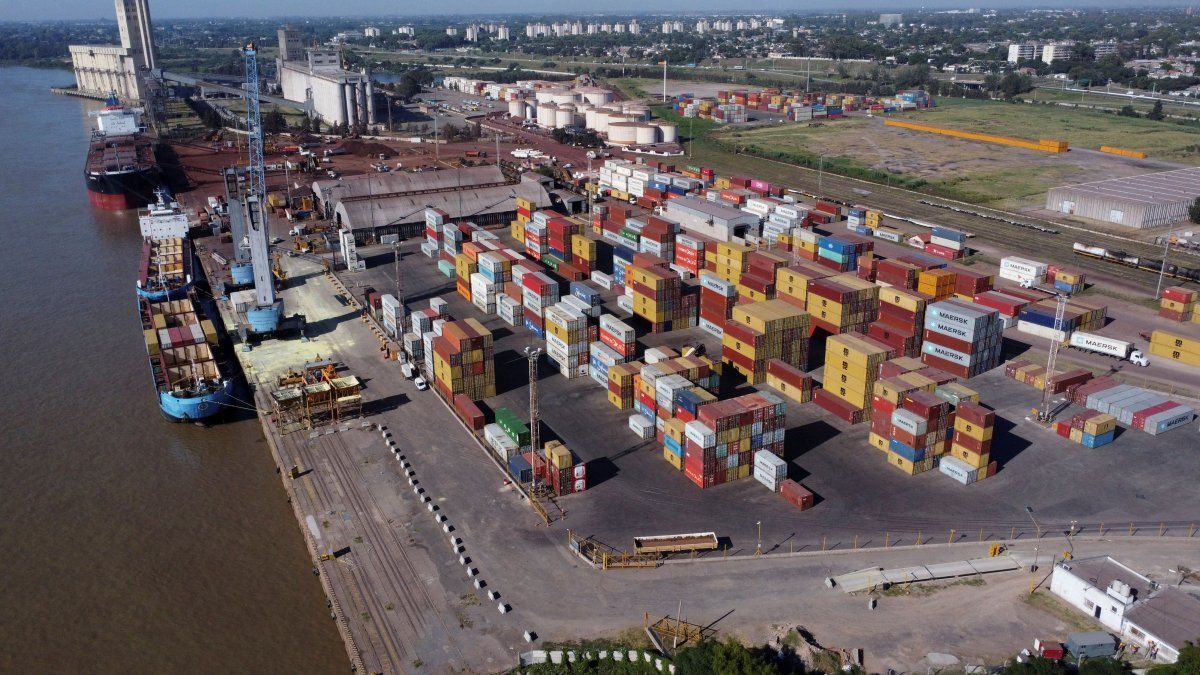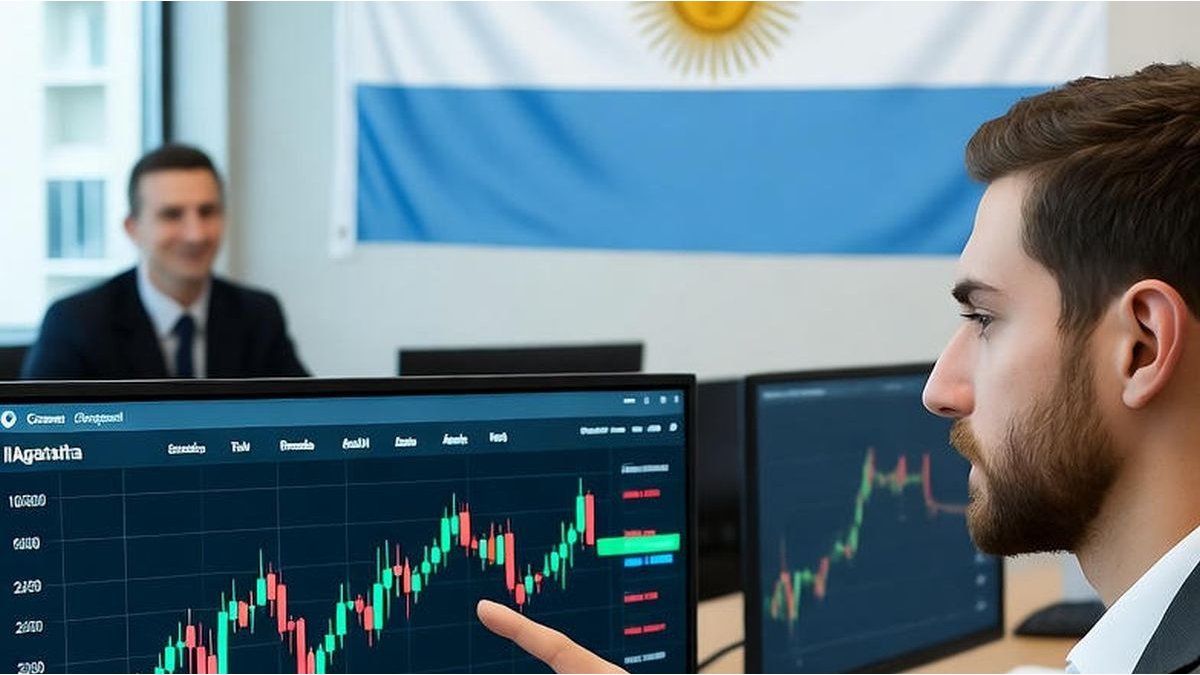The standard refers to environmental, economic and social benefits that derive from forests, the preservation of terrestrial biodiversity and the climate system. Accordingly, it requires operators and merchants to present a sworn declaration (due diligence) that certifies the origin of a non-deforested place.
The restriction applies to the purchase of raw materials and their derivatives such as beef, palm oil, soybeans, coffee, cocoa, wood, charcoal and rubber. In this regard, a certificate is required that proves that said products do not come from fields that have suffered deforestation after December 2020.
In our country, the VISEC platform (Vision Sectorial del Gran Chaco Argentino: www.visec.com.ar) was developed for the purposes of processing the aforementioned certificate. Operators (collectors, consignees and cooperatives) must register on this platform. In turn, they must register their clients, informing the RESNPA and the geo-referencing of the respective properties.
Measures adopted by ARCA (Former AFIP)
ARCA has taken an active role in facilitating Argentine producers’ access to the VISEC system and guaranteeing the required traceability.
In the first instance, RG 5,533/24 was issued, which allowed producers to voluntarily share their information from the Simplified Agricultural Information System (SISA) with the VISEC platform.
To expedite the certification of deforestation-free products, RG 5,594/2024 was subsequently published. This resolution repeals the previous one and expands the possibility of sharing SISA information with any entity registered in the “Directory of Agroindustrial Differentiation Schemes.”
RG 5594/24 is valid as of 10/28/2024 and is effective for the 2024/2025 agricultural campaign and subsequent ones.
Procedure
RG 5,594/2024 establishes an authorization system so that agricultural producers registered in SISA can, voluntarily, share their productive information with entities included in the “Directory of Agroindustrial Differentiation Schemes,” created by SAGYP through Resolution No. 50/2024. This directory promotes differentiation in the agribusiness, complying with international standards to improve access to external markets.
In this context, agricultural producers may authorize access to the information entered in the “Production Information” module of SISA, except for the “Grain Derivatives” item.
Consent is expressed by selecting the “Share IP data” option, choosing the entity registered in the Directory with which they wish to share the data that the producers themselves have entered into the system.
Once membership is formalized and consent is granted, the information will be made available to the selected entity through the Electronic Tax Address. This information will be used to demonstrate the traceability and origin of the grains in accordance with regulatory standards.-
The list of legal entities registered in the “Directory”, provided by the SAGYP to the AFIP (today ARCA), will be published on the “Agricultural Activities” microsite.
On the other hand, the rule limits the responsibility to the AFIP, who will enable the data platform but is not responsible for the veracity, nor for the use of the data once it is shared with the selected entities.
Revocation of consent
The system has the option to revoke consent. Producers can stop sharing their information at any time by selecting the “Stop Sharing” option within SISA, revoking the access of the previously selected entity.
Initially, RG 5,533 enabled producers registered in SISA to share the productive information provided to the AFIP (in the terms provided in section “F – PRODUCTIVE INFORMATION MODULE”, of Title I of RG No. 4,310) with the Rosario Stock Exchange, the administrative entity of the VISEC platform.”
In turn, Res. 50/2024 of the SAGYP created the “Directory of Agroindustrial Differentiation Schemes” inviting the AFIP to dictate the necessary regulations to allow and/or facilitate the producer and/or operator to share, consent and/or or agree to share your information related to location, geo-referencing, movements and stocks, among other information necessary for the operation and/or simplification of the scheme and/or certification in question.
With good judgment, the new RG 5,594/24 establishes a system of consensual link between the producer and the organization that will have access to their information in the SISA. This is given that the system requires personal data of producers (properties, location, production, etc.) within the information contained in the “Production Information” module.
We understand that if the lack of express consent has not been remedied, we would be facing the risk of resulting in a violation of tax secrecy and the Personal Data Protection Law (Law 25,326; Art. 4 and 5).
There would even have been the aggravating factor that the intermediaries involved in the marketing (collectors, consignees, etc.) would be sending sensitive information about their clients, placing them at a possible risk of non-compliance with the standards established by Law 11,683 (tax secrecy) and the aforementioned law 25,326.
On the other hand, it is striking that the system is national in scope and applicable without exception to all producers in the territory. In reality, the most logical thing would have been to limit it to areas that could have been affected by deforestation, which would not occur in large areas of agricultural production in our country, such as, for example, in the Province of Buenos Aires.
The consent of the producers to the use of their information provided in the SISA to private entities would allow said entities to have a volume of information and a database with a level of detail that seems excessive for the only final destination required, which is the traceability of the product.
This will surely be a limitation for the granting of this consent by the producers, because it would imply disseminating personal, patrimonial and financial information without limitations to said private entities.
A timely extension
The entry into force of the Deforestation-Free Products Regulation (EUDR No. 1115/2023) was initially scheduled for December 2024, effective as of 01/01/25. Fortunately, the European Parliament decided to extend the deadlines for 12 months.
It is worth mentioning that several representative entities of agriculture expressed at the time their rejection of the application of the aforementioned standard; Some of them even disassociated themselves from the VISEC platform.
In this regard, it is clear that the application of the regulations will imply more bureaucracy in the marketing of the products involved. Furthermore, it goes against the policy advocated by the National Government of eliminating obstacles that hinder international trade, by generating hidden barriers and distortions in the markets.
The extension finally came from the European Parliament itself, which echoed the complaints of several countries in that same region and the formal request made by the European Commission.
The agricultural entities (CRA, SRA, among others) welcomed the postponement, expressing that within the new period many of its aspects should be reviewed and even rethink its application.
Final considerations
The objective of sustainable production programs is laudable, but the costs and procedures of these compliance and inspection programs must be carefully analyzed.
Regarding the VISEC platform, several issues have been highlighted that should be reconsidered. For example, the segregation of stored merchandise by origin, which is very difficult to implement in practice.
Likewise, the final cost of the proposed system, the cost-benefit relationship, and which subjects will face such costs, are still unknown. Although the system appears “free” for the producer, it is doubtful that said freeness will be maintained over time.
Taking into account the new extended deadline, a range of possibilities opens up. For example, a total reformulation of the regime, or our country being considered free of deforestation.
At least, the possible risk of bureaucratic obstacles for exports to the EU from 01/01/2025 has been dissipated.
Osvaldo Balan. Public Accountant (UBA). Taxation Specialist (UBA.). Tax consultant.
Alejandro Ciancaglini. Public Accountant (UNC). Specialist in agricultural issues. Partner of “Estudio Ciancaglini”.
Source: Ambito
I am a 24-year-old writer and journalist who has been working in the news industry for the past two years. I write primarily about market news, so if you’re looking for insights into what’s going on in the stock market or economic indicators, you’ve come to the right place. I also dabble in writing articles on lifestyle trends and pop culture news.




